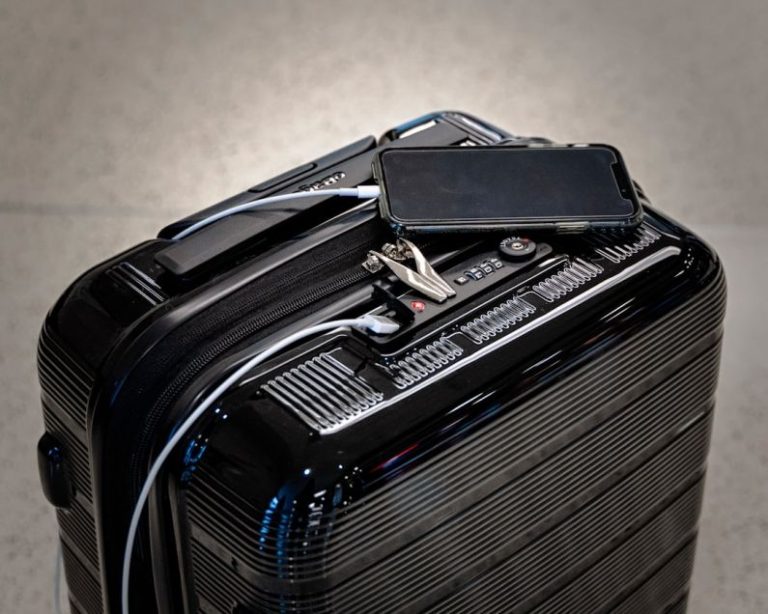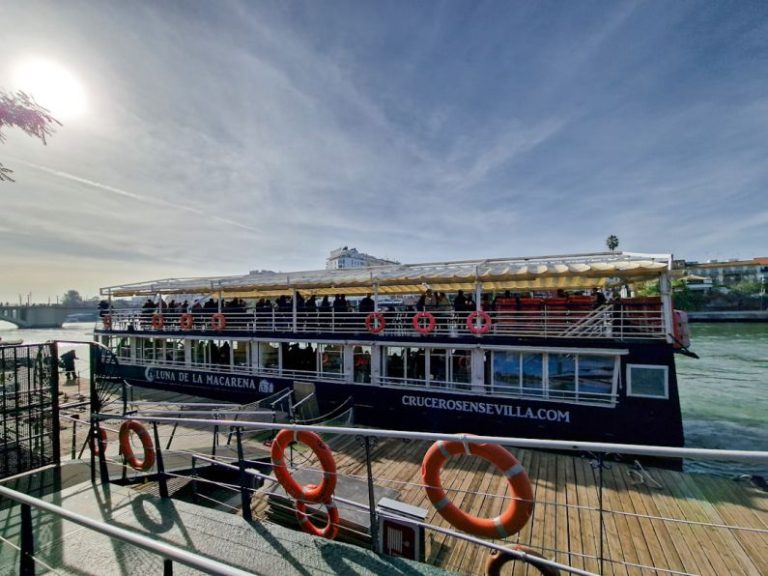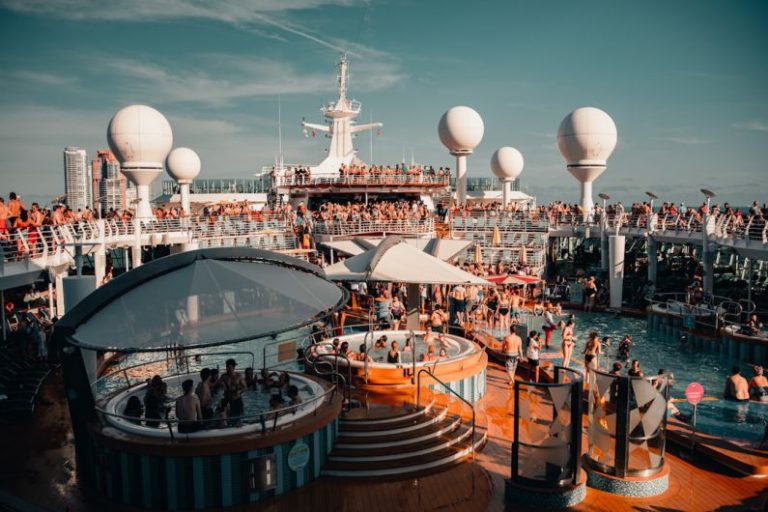The Role of Technology in Modern Cruising
Cruising has long been a popular choice for travelers seeking a unique and convenient way to explore the world. In recent years, technology has significantly transformed the cruising experience, offering passengers a more seamless and enjoyable journey. From booking a cruise to onboard activities and communication, technology plays a vital role in modern cruising.
**Enhanced Booking Process**
Gone are the days when booking a cruise required a visit to a travel agency or long phone calls. With the advent of online booking platforms and mobile apps, passengers can now easily research, compare, and book cruises at their fingertips. These platforms provide detailed information about cruise itineraries, onboard amenities, and cabin options, allowing travelers to make informed decisions based on their preferences and budget. Additionally, many cruise lines offer virtual tours and 3D cabin views, giving passengers a realistic preview of their accommodations before making a reservation.
**Personalized Experience**
Technology has enabled cruise lines to offer a more personalized experience to their passengers. Through the use of data analytics and artificial intelligence, cruise companies can gather information about passengers’ preferences and behaviors to tailor their onboard experience. From personalized recommendations for dining and activities to targeted promotions and offers, technology allows cruise lines to create a customized journey for each passenger, enhancing customer satisfaction and loyalty.
**Smart Ship Features**
Modern cruise ships are equipped with a range of smart features that enhance the overall guest experience. From keyless entry systems and wearable devices for making purchases and accessing cabins to high-speed Wi-Fi and interactive touch-screen panels, technology has made onboard navigation and communication more convenient for passengers. Some cruise lines have even introduced virtual reality experiences and augmented reality tours to provide passengers with immersive and interactive entertainment options.
**Digital Entertainment and Connectivity**
Technology has revolutionized onboard entertainment options, offering passengers a wide array of digital content and connectivity. Many cruise ships are equipped with state-of-the-art theaters, cinemas, and live entertainment venues that showcase the latest movies, shows, and performances. Additionally, passengers can stay connected with friends and family back home through social media, messaging apps, and video calls, thanks to improved onboard Wi-Fi and satellite connectivity.
**Efficient Communication and Safety**
In addition to enhancing the guest experience, technology plays a crucial role in ensuring onboard safety and effective communication. Cruise ships are equipped with advanced communication systems that enable crew members to quickly respond to emergencies and coordinate passenger activities. From real-time monitoring of weather conditions to GPS tracking and satellite communication, technology helps cruise lines navigate safely and efficiently, providing passengers with peace of mind during their journey.
**Environmental Sustainability**
Technology is also driving the cruise industry towards greater environmental sustainability. Cruise lines are investing in innovative technologies such as LNG propulsion systems, exhaust gas cleaning systems, and waste management solutions to reduce their environmental impact and carbon footprint. Additionally, digitalization and automation in onboard operations help optimize energy consumption, reduce paper waste, and minimize emissions, contributing to a more eco-friendly cruising experience.
**Innovations on the Horizon**
Looking ahead, the role of technology in modern cruising is set to expand even further with the introduction of cutting-edge innovations. From the development of smart cabins with voice-activated assistants to the integration of biometric technology for streamlined embarkation and disembarkation processes, cruise lines are continuously exploring new ways to enhance the guest experience through technology. As the cruise industry evolves, technology will undoubtedly play a central role in shaping the future of cruising.
**In Summary**
Technology has become an integral part of modern cruising, transforming the way passengers book, experience, and interact with cruise ships. From enhanced booking processes and personalized experiences to smart ship features and digital entertainment options, technology has revolutionized the cruising industry. As cruise lines continue to innovate and embrace new technologies, the future of cruising looks bright, promising passengers a more seamless, enjoyable, and connected journey on the high seas.






